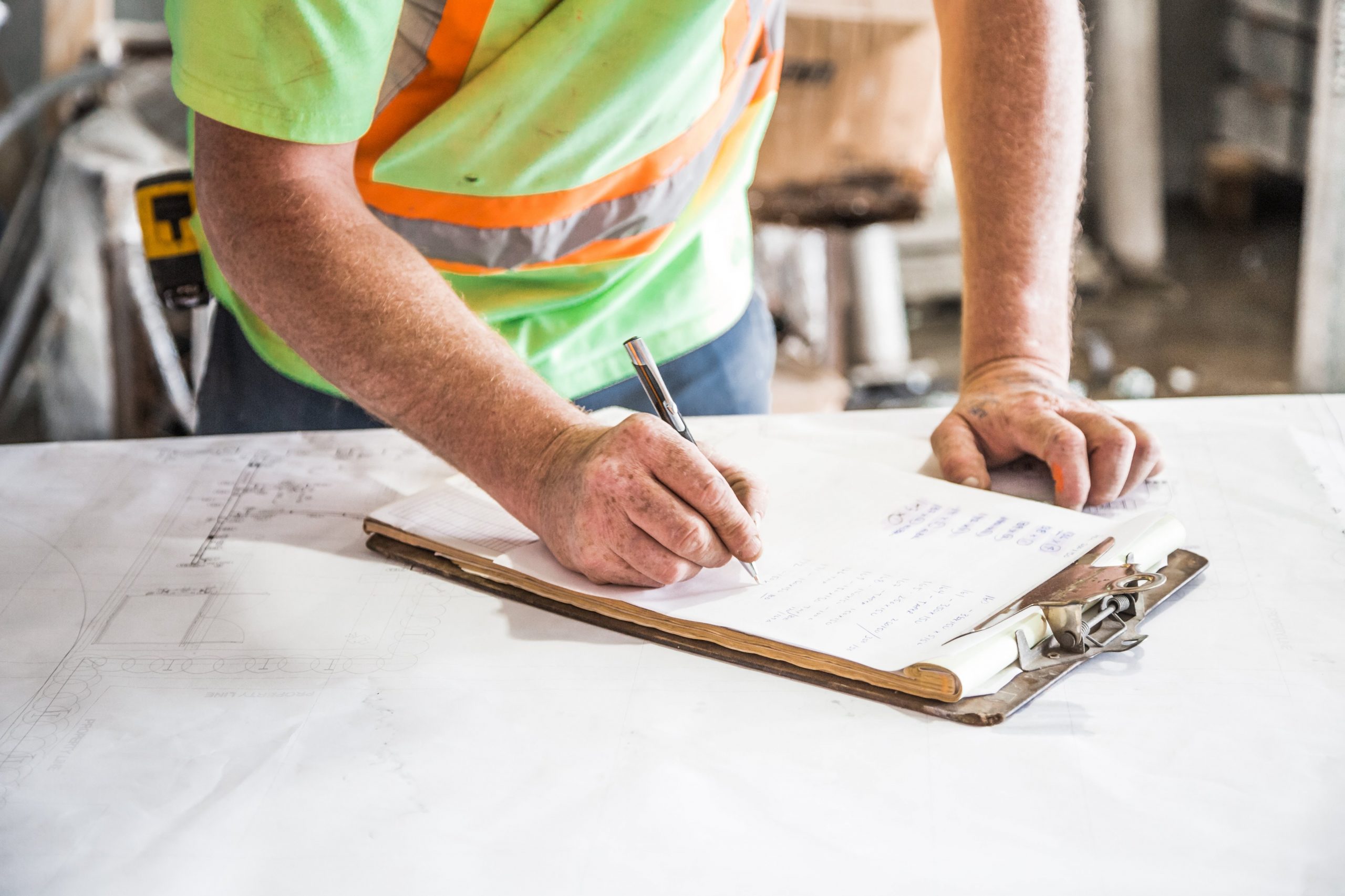Construction Industry Scheme
Be part of a scheme that benefits contractors and subcontractors. Registering for the Construction Industry Scheme as a subcontractor can save you 10% on your taxes.
Get StartedWhat is the Construction Industry Scheme (CIS)?
CIS was created by HMRC for contractors and subcontractors to help minimise tax evasion within the construction industry. More and more people were becoming self-employed in the UK, so the scheme was introduced to avoid substantial losses for the Exchequer.
As part of the scheme, contractors are required to make a deduction in certain situations when paying a subcontractor under a contract that covers construction work. Rules are set out for how payments to subcontractors for their work should be handled by contractors in the construction industry and other specific businesses too.

What work is covered by CIS?
The scheme covers the majority of construction work relating to:
- A temporary or permanent building/structure
- Civil engineering work such as roads and bridges
For the purpose of the construction industry scheme, the type of work covered includes:
- Preparing a site e.g., laying foundations and ensuring access works
- Dismantling and demolition
- Building work
- Alterations, repairs, and decorating
- Installation of systems for heating, lighting, water, power, and ventilation
- Cleaning building interiors after construction work
CIS is relevant to all contractors and subcontractors including sole traders, partnerships, or companies that work within the construction industry. Also, businesses that are not part of the construction industry but do engage in that type of work like local authorities, housing associations, and property developers, and spend £1 million or more ever year in a three-year timeframe must comply with the scheme.
Who does CIS applies to?
CIS for contractors
You will need to register with CIS if the below applies to you:
- You make payments to subcontractors for construction work
- Your business isn’t categorised in the construction industry but your yearly spend on construction is over £1 million
As a contractor, you will also need to adhere to specific rules including:
- Registering with CIS before you hire your first subcontractor
- Checking if you should employ a worker instead of subcontracting them, penalties are given if they should be hired as an employee instead
- Ensuring your subcontractors are registered with CIS by contacting HMRC
- Deducting money from your subcontractor’s pay to give to HMRC for their tax and national insurance bill
- Filing monthly returns and keeping all records of CIS or you’re at risk of penalty
- Informing HMRC of any changes to your business
CIS for subcontractors
You should register for CIS if you are working for a contractor and are either self-employed or you own a limited company. As part of the scheme, the contractor deducts 20% from your payments to send to HMRC which will count towards your tax bills. Even though you can choose not to register with CIS, if that is the case, 30% will be taken from your payments.


How can we help you
Jan McDermott Chartered Accountants specialise in all areas of accountancy and tax support for businesses, including accessing CIS tax. If you think you qualify for the scheme and need help from a friendly and knowledgeable accountant, we’re here to help from start to finish, ensuring all details are correct and checking you meet the requirements of CIS.
We work closely with all our clients and always make sure your accounting is handled accurately and efficiently.
Contact our experienced chartered accountants today to find out more about CIS Returns Birkenhead and nationwide, and see how you can take advantage of the construction industry scheme.
Frequently Asked Questions
You don’t have to register for this scheme if you only carry out certain types of work including:
- Surveying or architecture
- Scaffolding hire (without labour)
- Carpet fitting
- Manufacturing materials that are used in construction like plant and machinery
- Delivering materials
- Work on sites that are obviously not designed for construction e.g., running a canteen or site facilities
Certain jobs are not covered under CIS, such as architecture, surveying, scaffolding hire (without labour), carpet fitting, and delivering materials. Work done on construction sites that isn’t construction-related, like catering or cleaning outside of buildings, is also excluded.
You don’t have to, but it’s highly recommended. If you don’t register, contractors will deduct 30% from your payments instead of 20%, which means you’ll receive less money upfront and may find it harder to manage cash flow.
Subcontractors can register online through HMRC. You’ll need your legal business name, UTR (Unique Taxpayer Reference), and National Insurance number (if you’re a sole trader), or your company details if you’re operating through a limited company.
Yes. If you’re a subcontractor, the deductions taken by contractors can be reclaimed through your Self-Assessment tax return or your company’s monthly payroll (if you’re operating through PAYE). This ensures you’re not overpaying tax.
Contractors and subcontractors who fail to follow CIS requirements can face financial penalties. This includes not registering, not verifying subcontractors, submitting late returns, or keeping poor records.
No, VAT is excluded from CIS deductions. Contractors should calculate CIS on the amount excluding VAT charged by the subcontractor.
Yes. If you pay subcontractors and also carry out work for other contractors, you are classed as both. You’ll need to register for CIS in both capacities and meet the obligations for each.